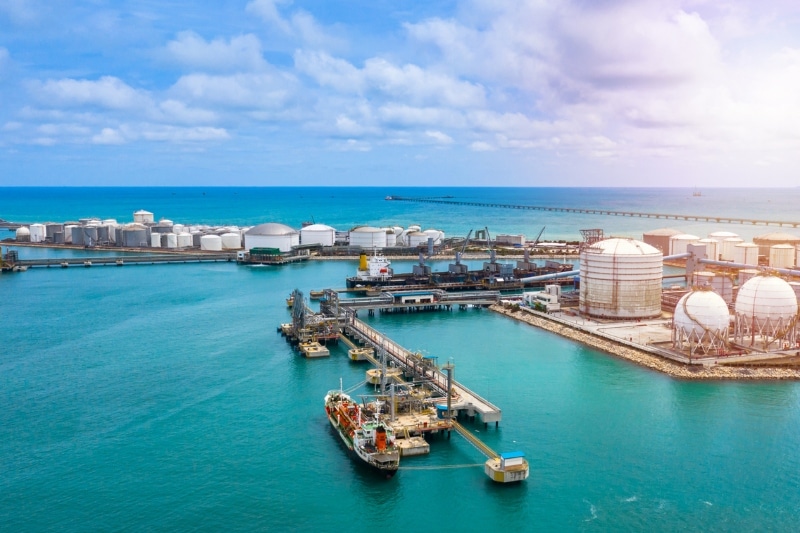Petronas, Malaysia’s national oil and gas conglomerate, aspires to be an energy superstore, as indicated by its recent collaboration with Honeywell on carbon-neutral energy solutions as well as the impending launches of its new energy transition entity and a carbon management unit. The firm aims to provide a suite of energy and solutions for businesses and fuel advancement in a just and sustainable manner, in line with its ambition of Net Zero Carbon Emissions by 2050 (NZCE 2050).
In March 2022, Petronas signed an agreement with Honeywell to develop carbon-neutral energy solutions in process technologies, industrial automation, and plant digitalization. Some sustainable solutions to be adopted include Carbon Capture, Utilisation and Storage (CCS) technology, Digital Twin, and Remote Autonomous Operations. The partners want to achieve low-carbon productivity and strategic growth by integrating processes and business analytics into an integrated, cutting-edge technology and 5G-enabled secured asset operations.
Petronas chief executive Tengku Muhammad Taufik announced that the company would embark on two major internal initiatives to accelerate new energy solutions. The first is to establish a new independent energy transition entity in 2022 that will focus on cleaner energy solutions and will include renewables, hydrogen, and green mobility sectors, alongside its core portfolio. Second, Petronas is creating a centralized carbon management unit that will be responsible for speeding its decarbonization efforts across its whole integrated value chain through the management of a carbon storage portfolio for emissions produced from its operations. This unit may also serve as a regional storage hub for carbon emissions as a revenue generator.
In 2021, Petronas’s average total output was 2.275 million barrels of oil equivalent per day, up from 2.209 million barrels of oil equivalent per day in 2020, attributed to higher crude oil production from overseas operations, as well as higher natural gas production, due to stronger demand for both Malaysia and internationally.
(Sources: Petronas; Upstream Online)
